Ginger, the “universal medicine” of ancient times, has evolved into a global culinary star. As demand for this versatile spice continues to surge, businesses worldwide are turning to China, the world’s leading ginger producer. But with a multitude of ginger suppliers in China, how do you separate the wheat from the chaff and secure a reliable source of high-quality ginger? This comprehensive guide is your roadmap to navigating this dynamic landscape.
Why China Reigns Supreme in the Ginger Realm
China’s dominance in the ginger market is undeniable. Here’s why:
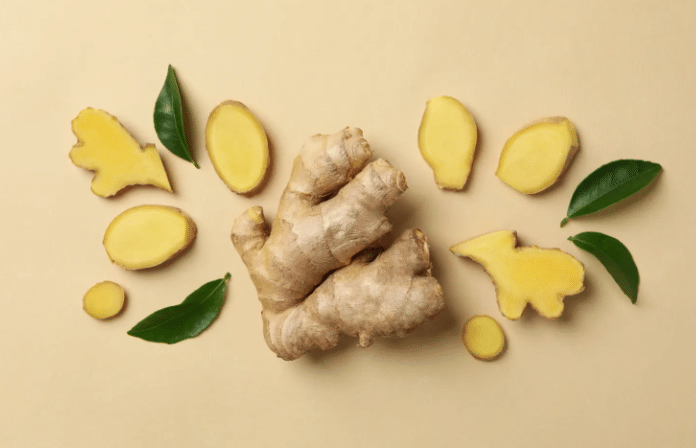
- Ideal Growing Conditions: Vast regions of China, particularly Shandong province, boast the perfect climate and soil for cultivating premium ginger.
- Generations of Expertise: Chinese farmers have honed their ginger-growing skills over centuries, passing down invaluable knowledge from one generation to the next.
- Unmatched Production Scale: China’s robust agricultural infrastructure and efficient farming practices allow it to meet the global demand for ginger on an impressive scale.
- Competitive Pricing: The sheer volume of ginger production in China translates into competitive pricing, making it an attractive sourcing destination for businesses of all sizes.
Navigating the Maze: 7 Essential Factors When Evaluating Ginger Suppliers in China
- Specialization Matters:
- Ginger Experts: Prioritize suppliers who specialize in ginger, as they’ll possess in-depth knowledge of the various types, grades, and processing methods.
- Volume Capacity: Ensure the supplier can comfortably handle your order volume, both now and as your business grows.
- Quality is Non-Negotiable:
- Certifications: Look for suppliers with internationally recognized certifications, such as:
- Organic: Guarantees adherence to organic farming practices.
- Fair Trade: Ensures fair wages and ethical working conditions for farmers.
- Global GAP: Demonstrates compliance with Good Agricultural Practices.
- Quality Control: Inquire about their quality control procedures at every stage, from farm to processing to packaging.
- Certifications: Look for suppliers with internationally recognized certifications, such as:
- Transparency Builds Trust:
- Traceability: Can they provide detailed information about the origin of their ginger, including specific farms or cooperatives?
- Sustainable Practices: Do they employ environmentally friendly farming methods, such as water conservation or reduced pesticide use?
- Social Responsibility: Are they committed to fair labor practices and safe working conditions for their workforce?
- Product Range to Meet Your Needs:
- Diverse Offerings: Do they offer the specific ginger products you require (fresh, dried, powdered, oil, extracts)?
- Customization: Are they open to customizing products or packaging to meet your unique specifications?
- Pricing and Payment Flexibility:
- Competitive Rates: Obtain quotes from multiple suppliers to compare pricing, ensuring it aligns with market value.
- Payment Options: Do they offer flexible payment terms, such as letters of credit (LCs), to facilitate secure international transactions?
- Logistics Expertise for Seamless Delivery:
- Export Experience: Verify their experience in exporting ginger to your target market and familiarity with relevant regulations.
- Logistics Network: Do they have established relationships with freight forwarders and shipping lines to ensure timely and cost-effective delivery?
- Documentation: Are they proficient in handling the necessary export documentation and customs procedures?
- Communication: The Foundation of a Strong Partnership:
- Responsiveness: Do they respond to inquiries promptly and thoroughly, demonstrating a commitment to clear communication?
- Transparency: Are they open and honest in their communication, readily addressing any questions or concerns you may have?
- Relationship-Oriented: Do they prioritize building long-term partnerships based on trust, mutual respect, and shared success?
Red Flags: Proceed with Caution
Here’s an expanded table of Red Flags, focusing on potential issues when sourcing from ginger suppliers (or any food supplier):
| Red Flag | Description | What to Do/Ask |
|---|---|---|
| Evasive Communication | Reluctance to answer questions directly, provide clear details, or be transparent about practices. | – Press for specifics. – Ask for references from other buyers. |
| Unrealistic Promises | Offering exceptionally low prices, impossibly fast delivery times, or overly flexible terms without a clear justification. | – If it sounds too good to be true, it probably is. – Get competing quotes to compare. |
| Lack of Certifications | Inability to provide valid certifications or documentation to support claims of quality, organic practices, fair labor, etc. | – Ask for copies upfront. – Verify certifications with issuing bodies if needed. |
| Negative Online Reviews | A consistent pattern of negative reviews or complaints from other buyers regarding product quality, communication, or business practices. | – Don’t rely solely on their website. – Check industry forums, review sites, etc. |
| Inconsistent Product Information | Discrepancies between product descriptions, specifications, or images across different platforms or communications. | – Request detailed product sheets. – Ask for samples to verify before large orders. |
| Unprofessional Website/Materials | A poorly designed website, lack of contact information, or unprofessional marketing materials can indicate a lack of legitimacy or seriousness. | – Trust your gut feeling. – A supplier’s image reflects their business practices. |
| No Physical Address/Contact Details | Inability or unwillingness to provide a verifiable physical address or direct contact information for the company and its representatives. | – This is a major red flag, indicating a potential scam or unreliable operation. |
| Pressure to Make Quick Decisions | Aggressive sales tactics or pressure to make a purchase decision immediately without allowing sufficient time for due diligence. | – Legitimate suppliers understand the need for careful consideration. – Don’t be rushed into a decision. |
| Unwillingness to Provide Samples | Refusal or reluctance to provide product samples for quality inspection before committing to a large order. | – Samples are standard practice in the industry. – Be wary of suppliers who are unwilling to provide them. |
| History of Legal or Ethical Issues | Evidence of past legal disputes, ethical violations, or negative media coverage related to the supplier’s business practices. | – Conduct thorough background checks. – Search for news articles, legal databases, or industry reports. |
Due Diligence: Your Key to a Successful Partnership
- Supplier Verification: Conduct thorough background checks on potential suppliers, verifying their business registration, certifications, and industry reputation.
- Factory Audits: Consider on-site factory audits to assess their facilities, production processes, and quality control measures firsthand.
- Sample Orders: Before committing to large orders, request samples to evaluate the quality, consistency, and suitability of their products for your needs.
By conducting thorough due diligence, asking the right questions, and prioritizing transparency and ethical sourcing, you can navigate the world of ginger suppliers in China with confidence and forge a partnership that yields both delicious and ethical results.
Why choose CAIE:
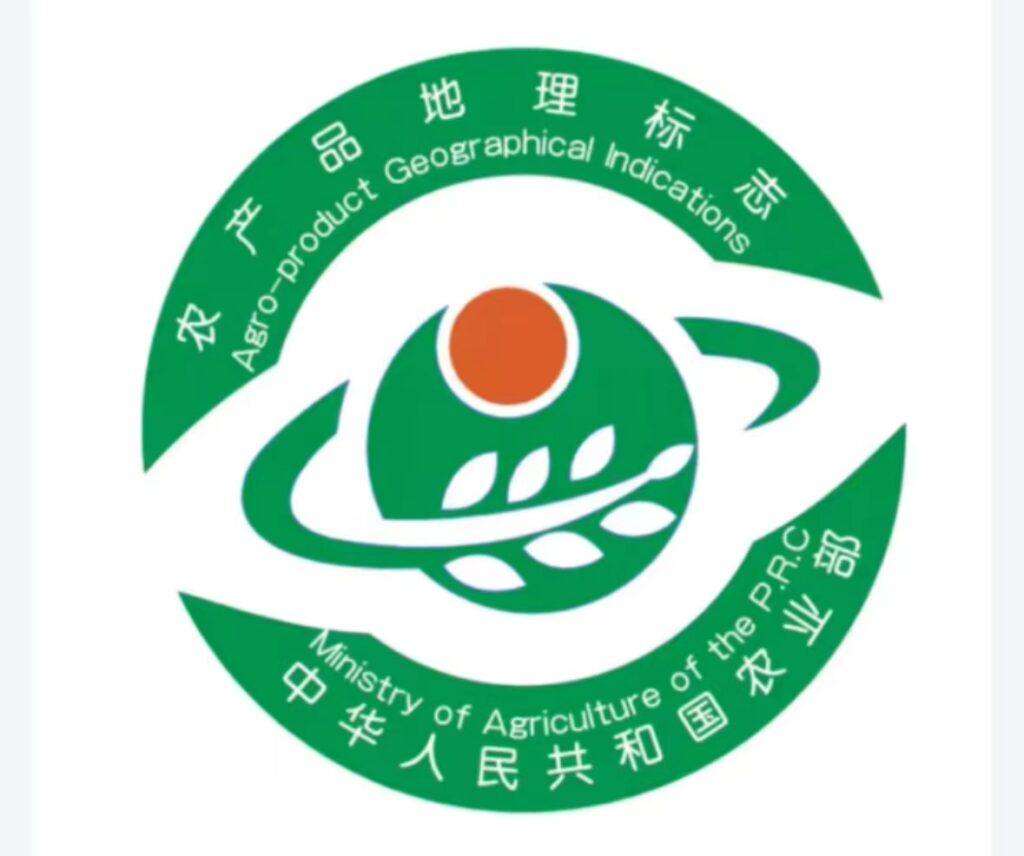

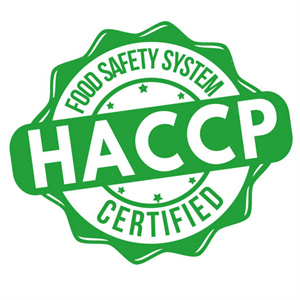
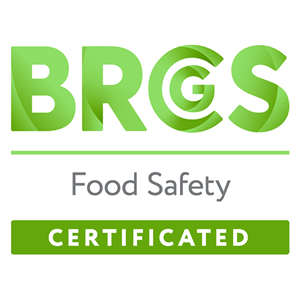
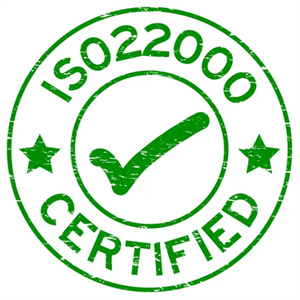
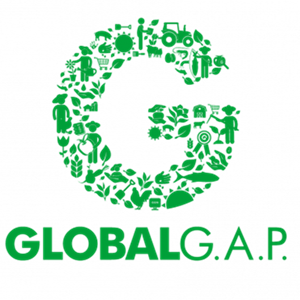
- Vertical Integration: CAIE has an integrated business model covering the entire supply chain from farming to warehousing, logistics, and export. This vertical integration allows for better quality control, traceability, and efficiency throughout the process.
- Dedicated Ginger Farms: CAIE owns over 10,000 acres of farms in Weifang City, which is considered the home of ginger production in China. This direct access to prime ginger growing regions ensures a reliable and high-quality supply of fresh ginger.
- Adherence to International Standards: CAIE follows stringent international standards, including those of the European Union, Japan, and the United States, for soil analysis, seed selection, planting, and harvesting practices. This commitment to rigorous standards guarantees top-quality ginger products.
- Modern Infrastructure: CAIE has over 100,000 square meters of modern, climate-controlled warehouses in the ginger production regions, ensuring optimal storage conditions and preservation of ginger quality from harvest to export.
- Bonded Logistics Expertise: CAIE has a specialized bonded logistics team in the Weifang Free Trade Zone, facilitating smooth and efficient export processes while maintaining product quality throughout the supply chain.
- Extensive Export Experience: Through the acquisition of Weifang Xinyide Agriculture Science and Technology Co., Ltd., CAIE has gained a professional team with over 20 years of experience in exporting agricultural products, including ginger.
- Government Support: CAIE benefits from policy support from the local governments of Shandong Province and Weifang City, which enhances its competitive advantage in areas such as planting, warehousing, and bonded logistics.
- Global Reach: CAIE has established relationships with over 30 large-scale buyers from 19 countries across Southeast Asia, Japan, Europe, and North America, demonstrating its ability to serve a diverse global customer base effectively.
- Variety and Volume: With its extensive resources and infrastructure, CAIE can provide larger quantities of various ginger varieties to meet the diverse needs of buyers worldwide.
By choosing CAIE as their ginger supplier, buyers can benefit from a reliable, high-quality supply chain backed by extensive expertise, modern infrastructure, and government support, ensuring a consistent and efficient ginger sourcing experience.
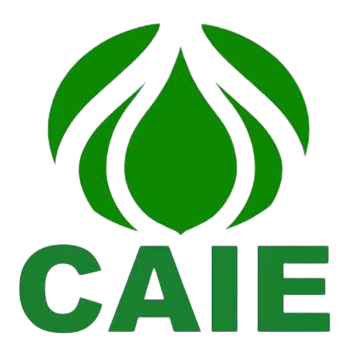
Contact CAIE today and let us be your trusted source for premium Chinese ginger.
- Want to know more about us.
- Want To contact us directly.
- For more ginger blogs
- CAIE Ginger Products